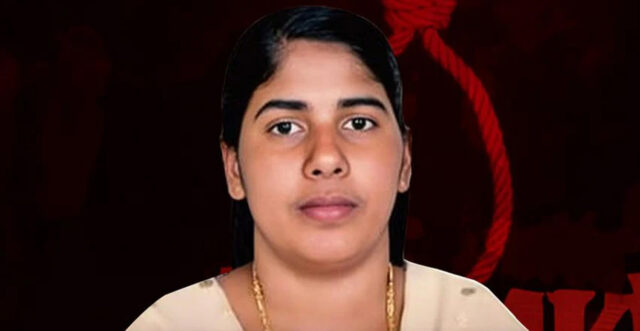The execution of Indian nurse Nimisha Priya, scheduled for July 16 in Yemen, has been postponed. Sources say it came after sustained efforts by the Indian government, which has been actively pursuing a diplomatic and humanitarian resolution to the case.
“The Government of India has since the beginning of the case been rendering all possible assistance in the matter and has made concerted efforts in recent days to seek more time for the family of Ms. Nimisha Priya to reach a mutually agreeable solution with the other party,” according to sources.
Indian officials have been in regular touch with the local jail authorities and the prosecutor’s office, leading to securing this postponement.
The Supreme Court of India had heard an urgent plea from the Save Nimisha Priya International Action Council on July 14. While the Centre acknowledged constraints in operating diplomatically in Yemen, a country in civil strife and under Houthi control, the Attorney General had told the court that the government was doing “whatever is utmost possible”.
Background Of The Case
Nimisha Priya, a nurse from Kerala, has been on death row at Sanaa Central Prison in Yemen for the alleged murder of her Yemeni business partner, Talal Abdo Mahdi. According to her family and legal team, the partnership turned abusive, with Mahdi allegedly torturing her and taking full control of her clinic’s finances.
In 2017, a desperate attempt to sedate him and recover her passport tragically ended in his death. A Yemeni trial court sentenced her to death in 2020. Her appeal was dismissed in November 2023.
Yemeni law allows clemency if the victim’s family accepts diyah or “blood money,” under Islamic legal principles. The Save Nimisha Priya International Action Council has been working to raise the required funds and negotiate with Mahdi’s family for a possible pardon.
Ongoing Efforts And Diplomatic Challenges
The Council’s initiatives, along with appeals from human rights activists and Kerala Chief Minister Pinarayi Vijayan, have helped sustain public and legal attention on the case. Nimisha’s mother, Premakumari, travelled to Yemen in April 2024 with special clearance from the Indian government, an exception to India’s standing travel ban to Yemen.
However, the situation has remained complex due to India’s lack of formal diplomatic ties with the Houthis, who control Sanaa. Despite delays caused by legal fees and negotiation challenges, the Indian government has facilitated fund transfers and maintained consistent communication with Yemeni authorities.
As of now, the execution is on hold, not cancelled. The victim’s family’s final decision on accepting diyah remains unknown, and further negotiations are expected.
What Lies Ahead
The postponement offers a critical but temporary lifeline. The Indian government’s immediate goal is to buy time for continued negotiation with the victim’s family. Without their consent, the execution could still proceed. Advocacy groups are urging swift diplomatic and humanitarian intervention.





